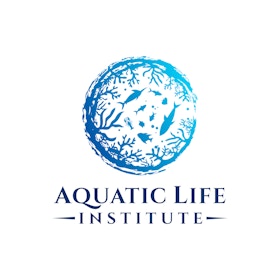
Although sustainable fisheries management has made significant strides forward in recent decades through several United Nations initiatives, the overexploitation of marine resources remains rampant, while animal welfare issues in commercial fisheries are widespread and significant.
In fact, wild-caught fish remains the last major food-producing sector that does not take animal welfare into consideration. For mostly economic reasons, current fishing practices are centered around maximising the efficiency (‘catch per unit effort’; CPUE) of commercial fishing operations and minimising the time spent at sea required to fulfill the fishing vessel’s catch quota.
This report introduces the concept of an animal welfare-based approach (WBA) to capture fisheries and urges its adoption. The recommended approach to fisheries management is centered around the following principles:
- Refining the methods used to capture and retrieve aquatic animals;
- Improving the ways in which captured animals are handled on-board;
- Implementing effective stunning and slaughter of captured animals; and,
- Eliminating the indirect adverse welfare impacts on non-target species.
The report also calls for more research and financial support from all relevant stakeholders to develop ‘welfare-minded’ fishing gear, soak times and retrieval rates, scale up humane stunning and slaughter onboard, and limit the capture of non-target species.
Achieving true sustainable fisheries cannot be obtained without giving consideration to the main stakeholders in question: the aquatic animals themselves. Adopting an animal WBA can help by reducing unnecessary stress, injury and mortality of aquatic animals during the capture process, minimising mortality inflicted on non-target species, and improving the quality of the catch, while addressing destructive fishing practices, all of which support the long-term viability of the fisheries industry and health of the ocean ecosystem.
Get in touch
If you are interested in further information or collaboration, please contact christine@ali.fish
Publish your content with EB Publishing
It's about who you reach. Get your news, events, jobs and thought leadership seen by those who matter to you.










